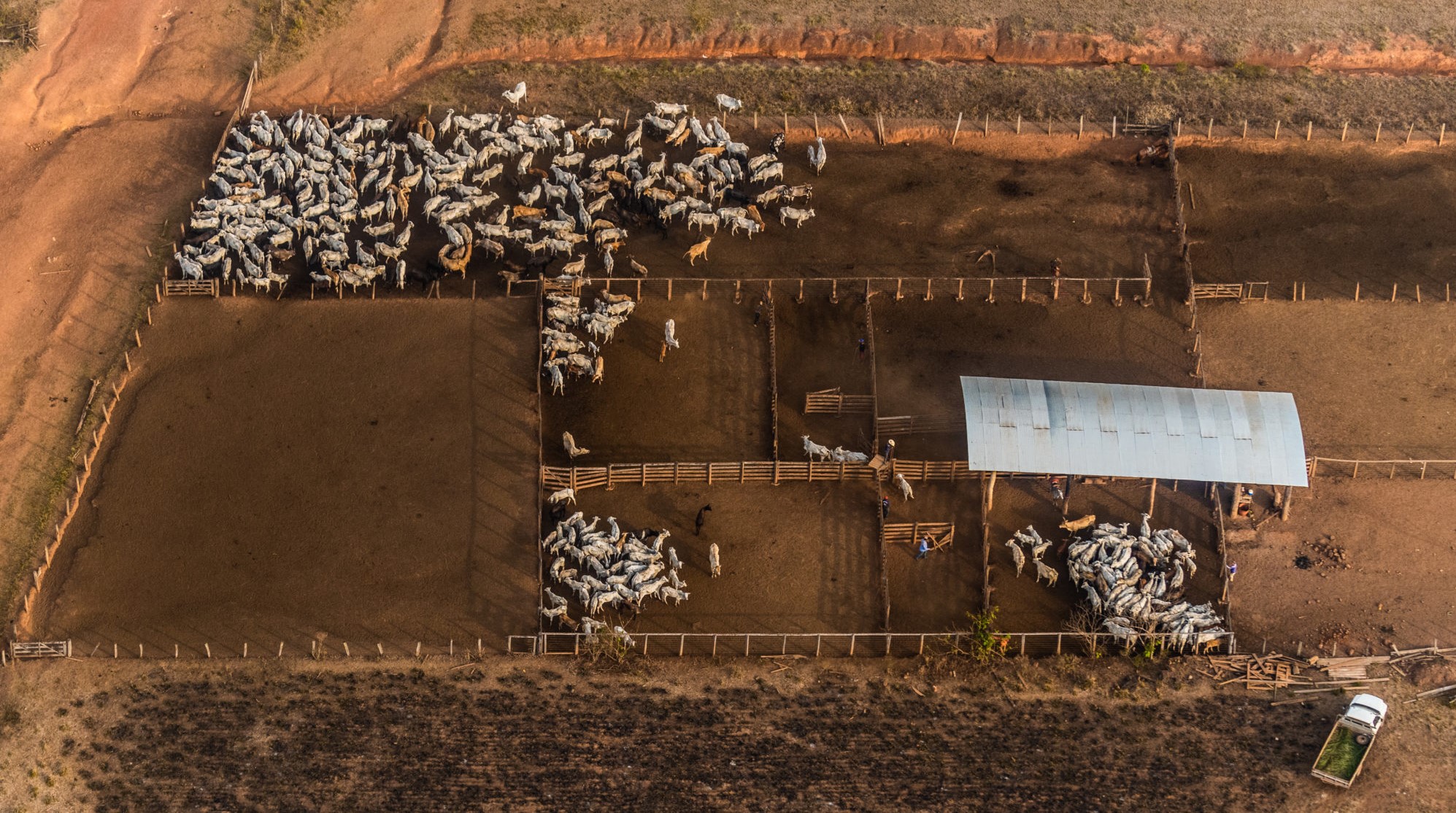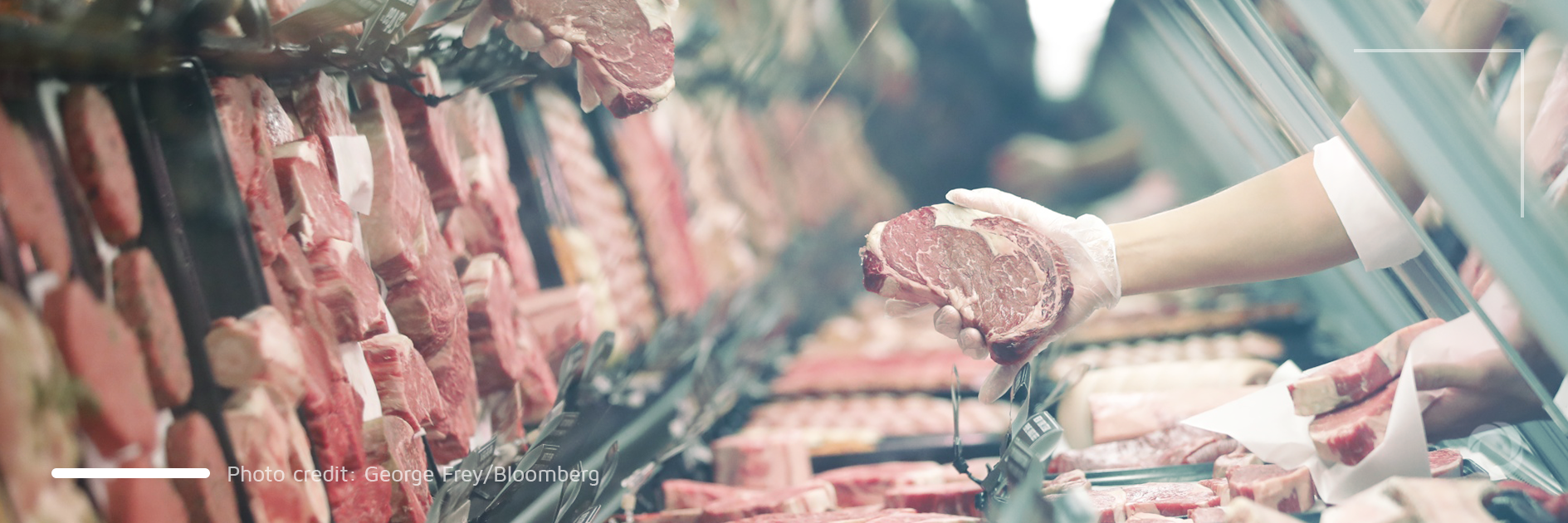After it emerged that European supermarkets were being sent beef by Brazilian companies whose production was linked to deforestation, some have decided to limit this supply or halt it completely.
The environmental advocacy group, Mighty Earth, and Repórter Brasil have unveiled a report showing that three of the biggest Brazilian beef producers, JBS, Minerva, and Marfrig, export meat the production of which causes the deforestation of the Amazon rainforest and other critical biospheres. The three companies accounted for 71% of Brazilian beef exports between 2015 and 2017.
Supermarkets’ reaction
As a reaction, the Dutch retailer Alhold Delhaize, Euros Carrefour Belgium, and Auchan France announced they would terminate their contracts with JBS. In addition, the UK’s Sainsbury’s group announced it would reduce sales of Brazilian beef while Albert Heijn, the largest supermarket chain in the Netherlands, will ban beef exports from Brazil completely. Lidl Netherlands went even further by totally eliminating beef coming from South America.
“Given the risk of deforestation linked to beef of South American origin, we have decided together with our supplier to look for alternative sourcing. The result is that from January 2022 onwards we will not sell beef of South-American origin in our fixed assortment,” the company said in a statement.

How is beef production linked to deforestation?
According to the report by Mighty Group and Repórter Brasil, JBS, Minerva and Marfrig sourced meat from livestock farms called ‘indirect suppliers’ that were implicated in deforestation as well as the violation of indigenous land rights in the Amazon, savannah Cerrado, and Pantanal wetlands. In its statement, JBS said that it does not source beef from farms that are not compliant with the law although it also admitted that it was difficult to track all indirect suppliers and their activities. However, Nico Muzi, Mighty Earth’s European director, is convinced that Brazilian beef giants could do more to comprehensively check their meat suppliers.
“It has never been a technological issue, and obviously today with all the advancements in technology from GPS to satellites to the blockchain, I think it’s a problem of political will,” he said.
In 2021, deforestation in the Amazon reached the highest level since 2006 and this has increased by 22% over the last year. The meat industry is one of the main perpetrators of deforestation, next to mining, soya, and logging industries.

